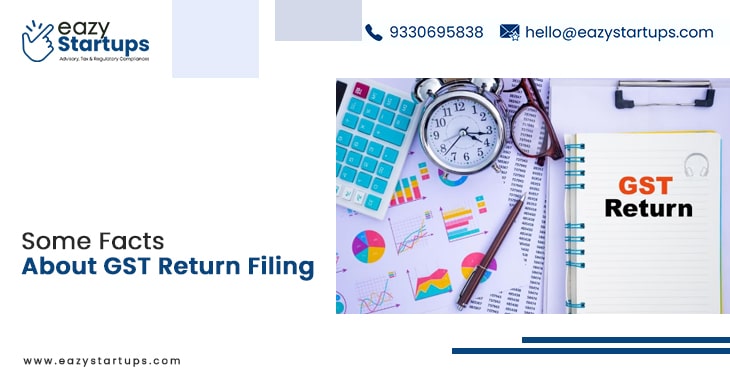Have you been delaying your registration application for the Goods and Services Tax (GST)? Even though you might believe that a GST number is just another piece of paperwork, failing to obtain one might harm your company. If you need professional help for GST Apply Online, contact Eazy Startups, India, today.
Let’s examine the potential consequences of not applying for GST:-
- Losing out on big clients
- Paying more taxes than necessary
- Limited growth potential
- Risk of penalties
- Loss of credibility
- Missing out on government contracts
- Complicating future compliance
- Harder to sell your business
Losing out on big clients:
Let’s say you have an amazing product or service. There’s a catch: a large firm wants to buy from you but requires a GST invoice for their records. Not a GST number? If you don’t have GST, you can lose out on profitable deals with bigger companies that only work with or prefer GST-registered suppliers.
Paying more taxes than necessary:
Unexpectedly, if you don’t opt for GST Apply, it may indicate overpaying taxes. GST registration allows you to claim input tax credits on your business expenses. It’s similar to receiving a discount on all items, including raw materials and office supplies. You would have to pay these expenses without GST, which reduces your profit margin. It’s similar to purchasing everything at full price when you are eligible for a bulk discount.
Limited growth potential:
You’ll probably surpass the GST Registration threshold when your company expands (usually dependent on your annual turnover). It can be quite a hassle to catch up if you have been operating without GST. Registering for GST immediately allows you to develop without experiencing these growth pains.
Risk of penalties:
If your company qualifies for the required GST registration but hasn’t applied, you’re not just breaching the regulations. This error does not amuse the tax authorities. You can be subject to penalties, interest charges, or even go to court.
Loss of credibility:
A GST number is comparable to a badge of legitimacy in the corporate world. It demonstrates your commitment to playing by the rules. Some partners or clients can doubt your professionalism if you don’t have it. It’s like going to a business meeting dressed in pyjamas; you can still get work done, but it’s not the best image.
Missing out on government contracts:
A lot of government contracts and tenders demand GST registration from vendors. For them, it’s just a simple checkbox. Absent GST? It’s possible that your tender won’t even go past the initial screening stage. You won’t even be able to pass the entrance if you attempt to enter a high-security area without the proper authorization.
Complicating future compliance:
Suppose you choose to register for GST at a later time. You must now go back and review your documentation to ensure compliance. Using GST from the beginning ensures that your records are organized, facilitating future audits and tax filings.
Harder to sell your business:
A prospective purchaser will carefully review your books if you ever decide to sell your company. A history of GST compliance is comparable to a perfect health record. It proves you’ve been operating correctly. Buyers may make a lower offer or walk away if they don’t have it because of concern over unstated tax liabilities. Selling an automobile without service documents is similar in that people will assume the worst.
Conclusion
Neglecting to register for GST may appear like a headache that can be avoided, but it leads to more serious issues in the long run. Setting up your firm for development, credibility, and success is important rather than just obeying the regulations. So, go ahead and obtain your GST number. Your future self in business will be appreciative! Contact Eazy Startups, India, if you need the best help with the GST Apply process.






Recent Comments